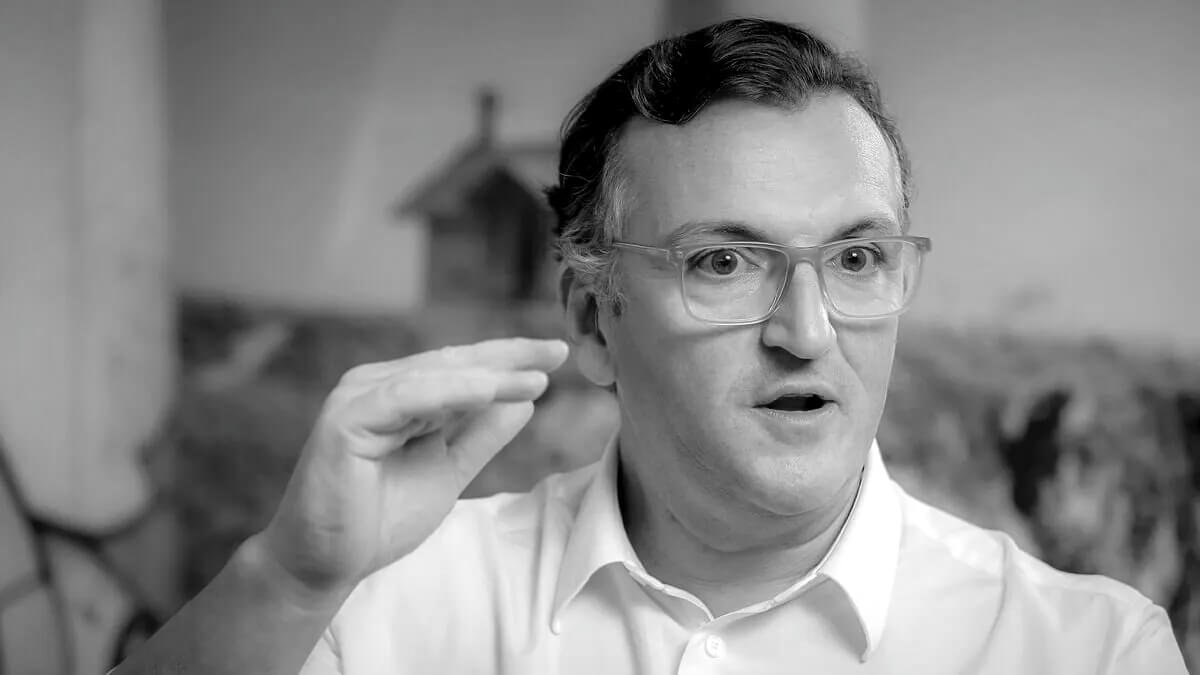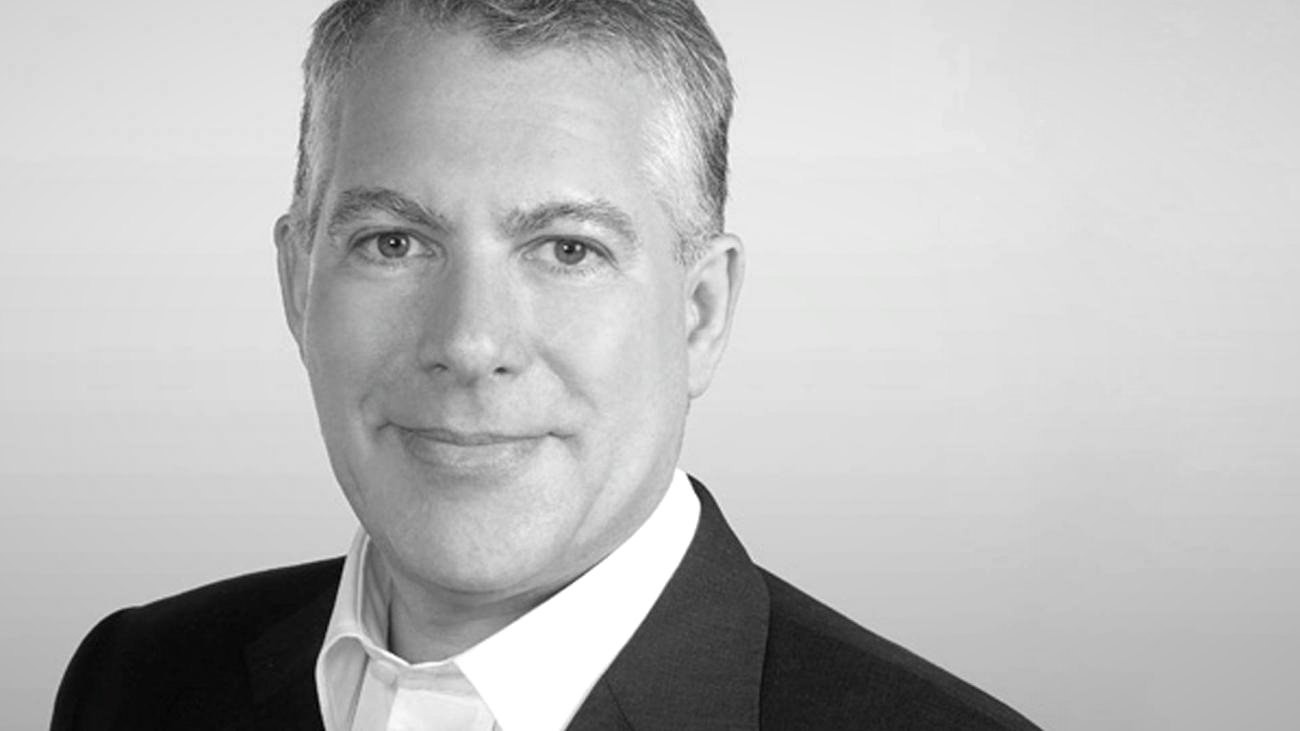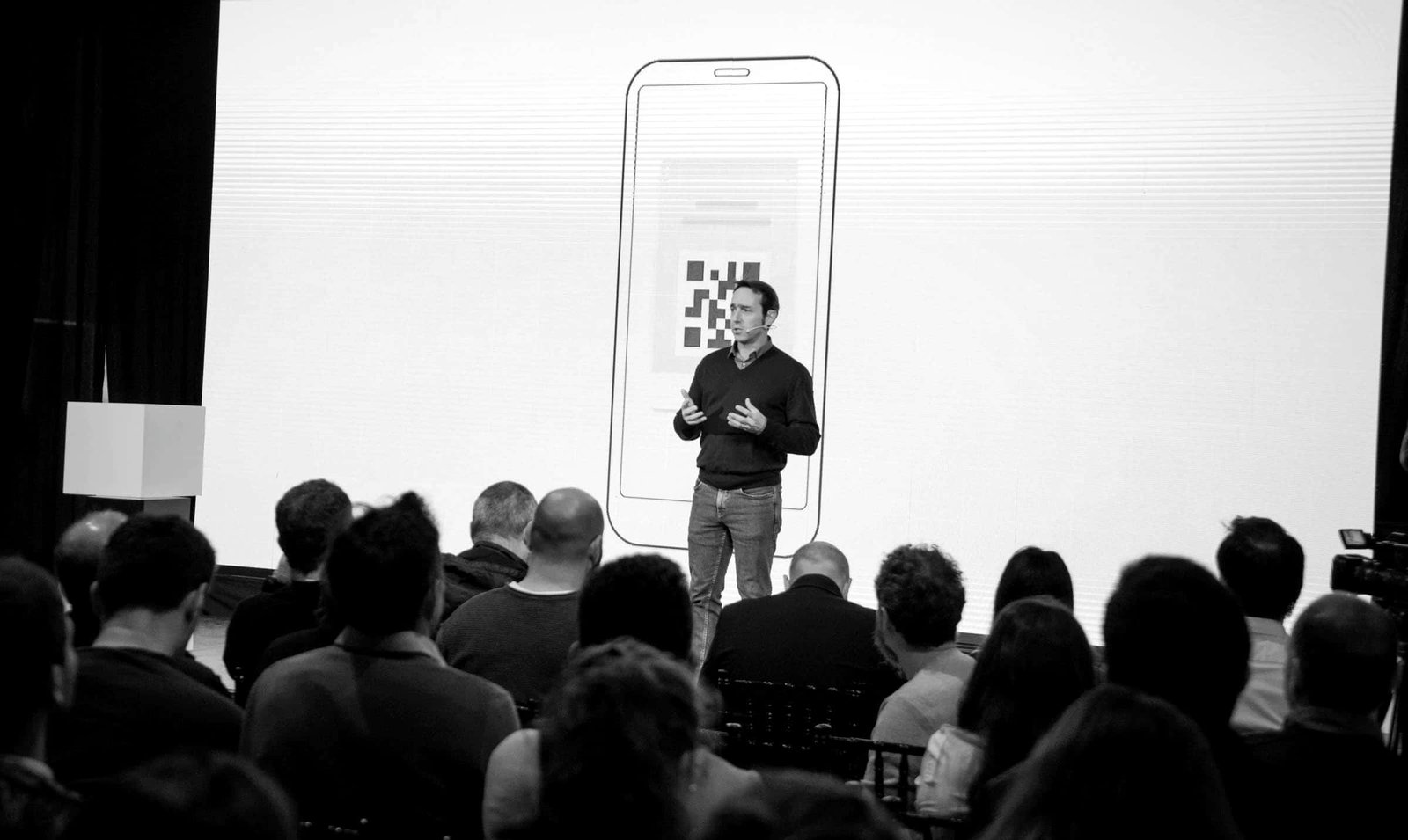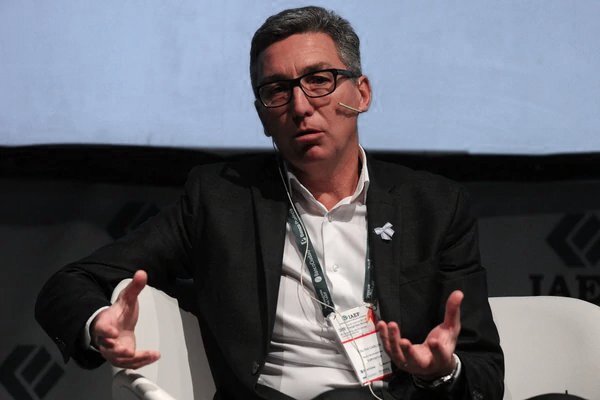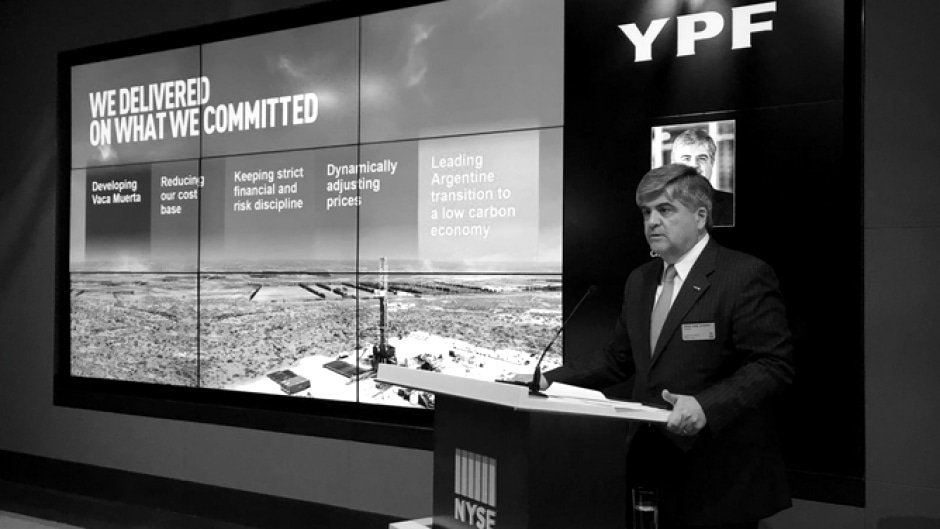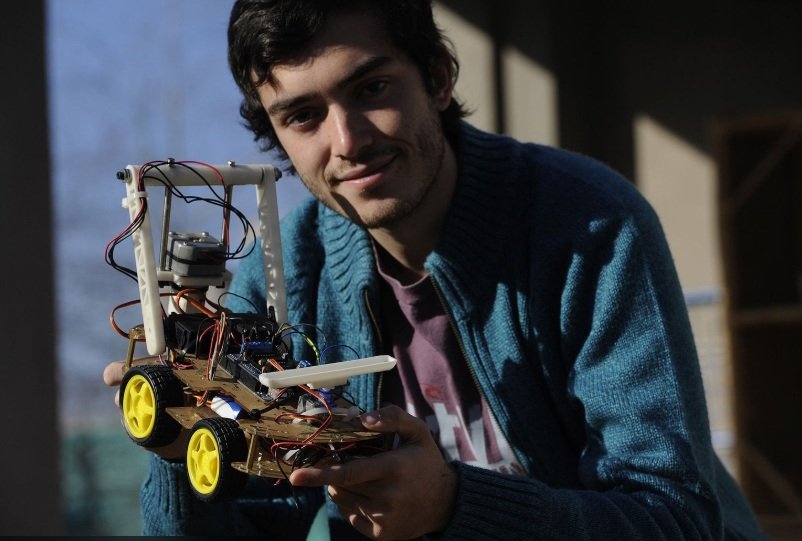
Marcos Bruno

Marcos Bruno is an engineer from Mendoza, Argentina, and a leading Latin American voice in space technology, STEM education and youth leadership. From analog Mars missions to socially driven tech development, his path blends applied science, entrepreneurship and talent-building.
Leadership rooted in applied science
Marcos Bruno was born in Mendoza in 1996 and showed an early interest in science. He studied Mechanical Engineering at the National University of Cuyo and later trained at Singularity University. His path wasn’t based on climbing ranks, but on creating value through technical knowledge, STEM education and purposeful innovation.
From lab work to analog Mars missions
In 2019 he joined a Mars analog mission at the Mars Desert Research Station in Utah. As a systems engineer, he applied real-world solutions to extreme conditions. The experience linked him to the global space exploration community and marked the beginning of his role as a Latin American reference in the field.
Local technology for global challenges
Bruno developed hardware and software for 3D printing in harsh environments like space. Some of his work involves using Argentine volcanic dust to mimic lunar soil. These types of solutions reflect his vision: using local resources to solve global problems, without depending on external infrastructures.
Merovingian Data and flat leadership
Together with other young professionals, he co-founded Merovingian Data, a company focused on data science, machine learning and custom software. Though not strictly space-related, Bruno applied systems thinking and collaborative methods. A horizontal leadership model is at the core of his management style.
Building talent and scientific culture
Besides being an entrepreneur, he’s an educator. He runs robotics, 3D printing and coding workshops in schools and universities. He promotes scientific thinking as a tool for social mobility. Bruno has worked with public and private institutions to bring technology closer to students with fewer opportunities.
International recognition and global networks
He was selected by the Young Leaders of the Americas Initiative and attended events like the International Astronautical Congress. MIT Technology Review highlighted him among regional innovators. These experiences strengthened his approach: connecting local talent with global science and leadership platforms.
STEM as a national development strategy
Bruno believes Argentina has strong potential in space technology if science, education and entrepreneurship align. He pushes for a homegrown tech industry built on young talent. In his talks, he emphasizes regional cooperation and long-term thinking to create sustainable innovation projects.
Inspiration for new generations
He’s not part of a corporation or state agency, yet has become a point of reference. He speaks the language of young people, applied science and peer collaboration. His path shows that from Latin America, it’s possible to work on space missions and lead with tangible, forward-looking impact.
Adaptive and inclusive leadership
Marcos works with interdisciplinary teams, seeks consensus and uses data to inform decisions. His leadership adjusts to technological challenges but also responds to social contexts. Rather than rigid hierarchies, he builds environments where people are encouraged to learn, share and build together.
A journey still unfolding
Not yet 30, he has already left a mark in fields like space research, science education and tech development. His path proves that external validation isn’t required to drive change. Marcos Bruno moves forward with a rare blend of technical passion and collective purpose, shaping future possibilities.





